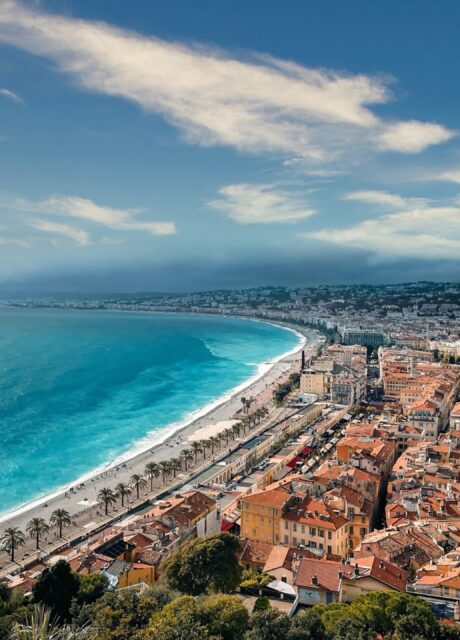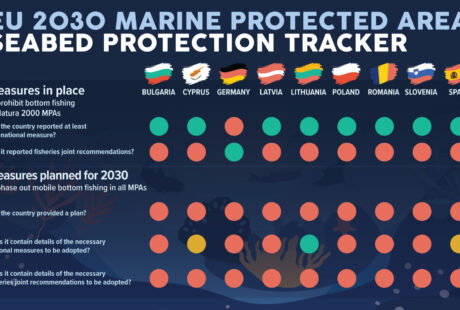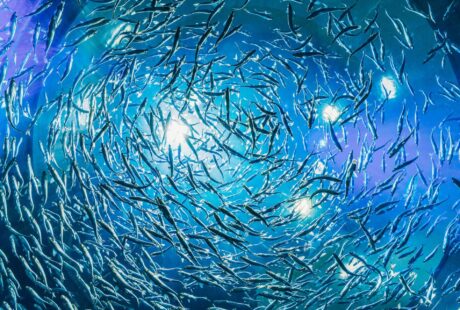The European Green Deal acknowledges the important role of seas and ocean in the fight against climate and nature collapse. Whether it will manage to counter the relentless push for blue growth remains an open question, with concrete actions and targets yet to be solidified.
The European Environment Agency’s (EEA) recent European Environment State and Outlook 2020 report (SOER2020) gives an alarming assessment of the state of Europe’s seas and ocean. It concludes that
‘…partial successes seem barely to register against the observed continued degradation and the expected increased use of the sea, as well as the observed and forecast worsening of climate change impacts on Europe’s seas.’
The Agency also cautions against the unsustainable impetus for growth and calls for greater political resolve.
The Green Deal acknowledges that ‘lasting solutions to climate change require greater attention to nature-based solutions, including healthy and resilient seas and oceans’, yet it proposes few concrete actions or targets. Some of the blue aspects of the Green Deal are:
- Fisheries: ‘work will continue under the Common Fisheries Policy to reduce the adverse impacts that fishing can have on ecosystems.’ The Deal fails to stress that this also means ending overfishing in 2020 – a target we will likely fail to reach, as the Fisheries Ministers are again poised to ignore scientific advice when they agree 2020 fishing limits in the upcoming the December Council. The Commission reaffirms that it will take a zero-tolerance approach to illegal, unreported and unregulated fishing. The Farm to Fork strategy will need to be closely observed with respect to seafood production.
- Marine biodiversity: the Green Deal aims to designate more marine protected areas. How these are to properly managed will need to be fleshed out in the Biodiversity Strategy, however.
- Blue economy: the Deal hints at plans to boost aquaculture and offshore renewable energy, which raises questions about potential impacts and how these would be managed.
- Shipping: the Commission ‘will look closely at the current tax exemptions, including for aviation and maritime fuels tax exemptions, and at how best to close any loopholes’ and ‘will propose to extend European emissions trading to the maritime sector’. These are long-awaited measures that will make a significant contribution to addressing EU shipping’s climate impact. However, they need to be accompanied by continued EU pressure for global action at the International Maritime Organization (IMO).
- Circular economy: the announcement of a Sustainable Product Policy is welcome, as is the action against intentionally added microplastics and unintentional releases of plastics, for example from textiles and tyre abrasion. Less welcome is the proposed regulation on biodegradable and bio-based plastics, as these materials risk perpetuating our throwaway economy.
For a more concrete blue navigation map, it is likely that we will have to wait for the 2020 United Nations Ocean Conference in Portugal, where, according to the Green Deal, the Commission will ‘highlight the importance of action on ocean issues’. Hopefully, that will also include strong action on the Marine Strategy Framework Directive and its good environmental status objective for 2020, which is excluded from the Deal as it stands.
We look forward to seeing how the Commission will put together an ambitious seas and oceans rescue plan in the coming months. Crucially, it already has the backing of the Member States, with the recent Council Conclusions on Oceans and Seas stressing the need for immediate action against growing threats to our seas and ocean and urging the Commission to propose policy options.
We already outlined our priorities for such a rescue plan in our open letter by 50 NGOs to the Presidents of the three EU institutions. Ending overfishing and pollution in all its forms and preventing further biodiversity, ecosystem and habitat loss are essential measures that are within our reach. All it needs is strong leadership and firm commitment from the Member States, the Commission and the European Parliament.
In our upcoming Ocean Action! conference on 5 February 2020, Seas At Risk and our partner NGOs will hand a Blue Manifesto to the Commission, outlining the actions that are essential to restoring Europe’s seas and ocean to good health. We look forward to welcoming many of you to our day of blue dialogue.
Posted on: 13 December 2019



